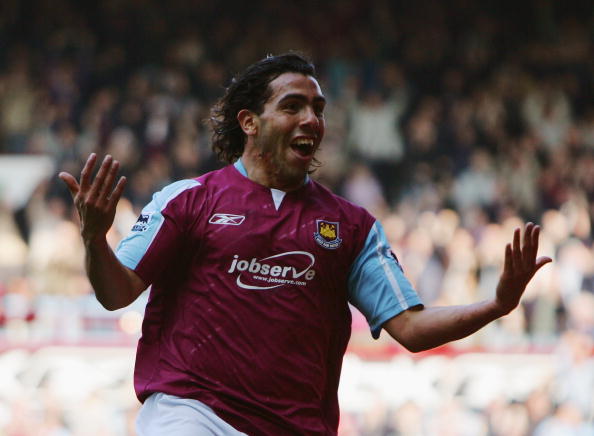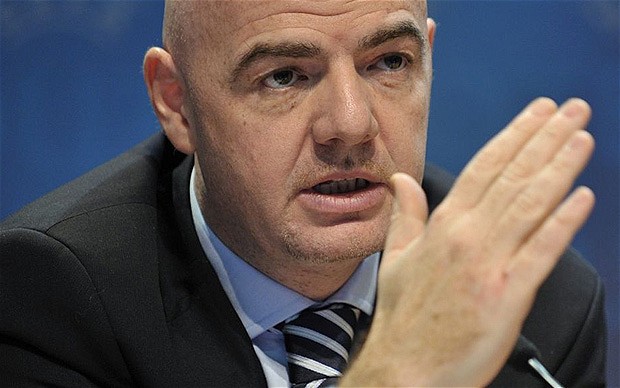By Andrew Warshaw
December 12 – European football’s governing body is clamping down hard on third party ownership – by which footballers are partly controlled by outside parties when it comes to access and transfer rights.
UEFA’s Executive Committee has taken an unequivocal stance that third party ownership, often directed at those posing at agents, should be banned as a matter of principle.
UEFA is to lobby FIFA to issue worldwide regulations banning the practise, which takes money out of the game by parties who then profit from individual transfers.
Whether or not FIFA act, UEFA, through its Professional Football Strategy Council (PFSC), are prepared to implement their own rules to prohibit third-party ownership in their own competitions.
If this were the case, a transitional period of three to four seasons would apply.
FIFA’s Football Committee is chaired by UEFA President Michel Platini but that doesn’t necessarily mean FIFA will act since third party ownership is prevalent in South America.
“UEFA can of course implement regulations with regard to its own competitions – the same as in England and in France, where the third party ownership is prohibited for competitions,” said UEFA general secretary Gianni Infantino (pictured top).
“As far as the UEFA competitions are concerned, this is also very well within the remit of UEFA.”
Platini expressed firm views on the issue after last week’s UEFA Executive Committee meeting in Lausanne.
“I don’t think it’s very good if players from several teams belong to a financial company or belong to people,” he said.
“I think ethically, morally, it is not good.
“We have thought about it and asked FIFA to deal with it.”
Infantino said that no one should be surprised by UEFA’s stance.
“This is not a decision which has come out of the blue,” he reflected.
“This has already been discussed since the month of May.
“We all know that third-party ownership of players bears many threats, and there are many issues linked in terms of the integrity of competitions, financial fair play regulations and so on.
“It is really time to regulate it and to have a firm stance – however, in a reasonable way, with a transitional period to enable clubs to cope.
“UEFA is looking to have the necessary regulatory framework put in place to protect clubs and prevent the risk of clubs going out of business.
“The objective is to protect clubs for the longer term.”

New legislation would give transfer rights to the club that the player represents – and only to that club.
Infantino continued: “The players need to have their future in their hands, rather than in the hands of somebody whose business model is to bring about as many transfers of a player as possible, to make as much money as possible – money which then goes out of football and football clubs.”
English club West Ham United were fined for breaking rules on third party agreements when they signed Carlos Tévez (pictured above), now at Manchester City, from Brazilian club Corinthians in 2006.
A protracted legal battle ensued with Sheffield United suing West Ham for the cost of their relegation.
After two years, the clubs settled out of court.
When Brazilian Oscar joined Chelsea this year, the fee, estimated at £25 million ($40 million/€31 million), was divided up between two Brazilian teams, the midfielder himself and entrepreneurs who own what are called his “economic rights”.
Contact the writer of this story at zib.l1744640107labto1744640107ofdlr1744640107owedi1744640107sni@w1744640107ahsra1744640107w.wer1744640107dna1744640107

